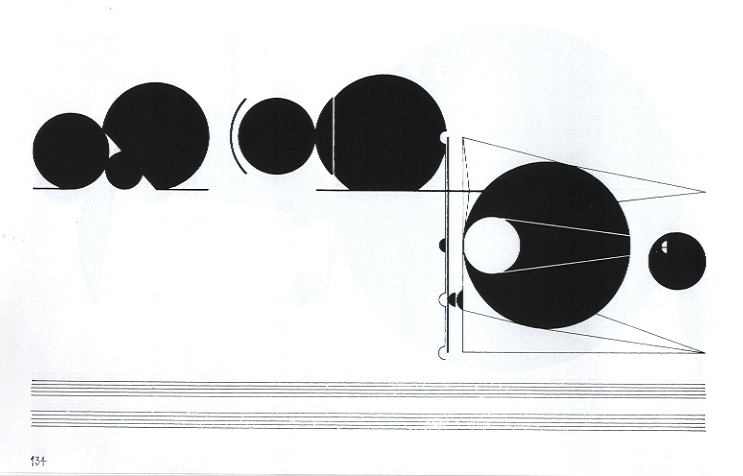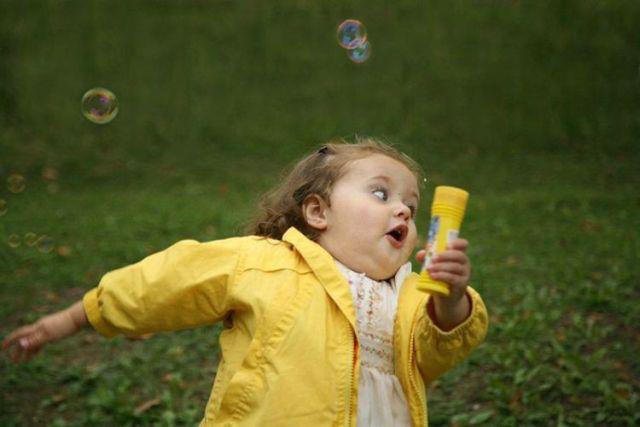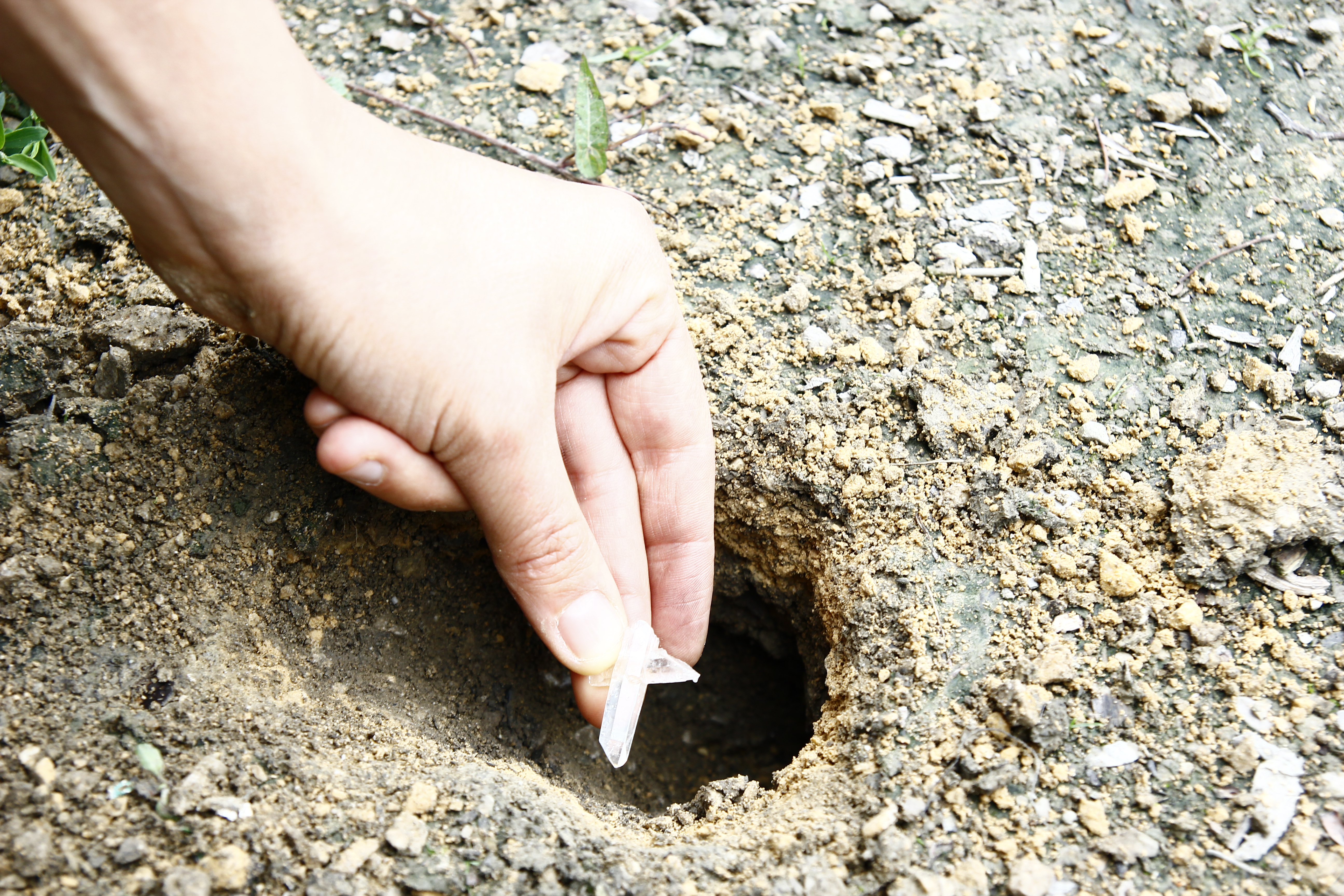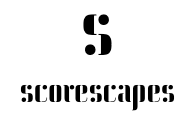project
BUBBLE SCORE SESSION #8
2-2 March 2016
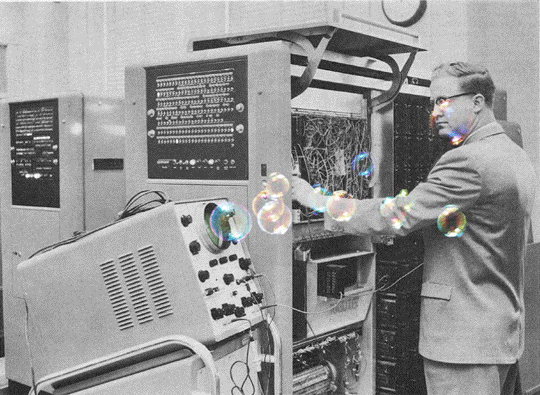
PARTICIPANTS:
Sana, Mala, Sofia, Christian, Agnes
P > Q > A
- Mala > Sana > Sofia
2) Chris > Agnes > Sana
3) Sofia > Mala > Chris
4) Agnes > Sofia > Agnes
5) Sana > Chris > Mala
1) Mala > Sana > Sofia
We were supposed to create a poem based on the spontaneous feelings we had while reading the text. The text was about a city, which lasts forever. In this city there is no death, no harm, no loss.
On the contrary, poetry is full of them. Poetry asks for uncertainty. In poetry each word de-creates the word before itself. Poetry is an everlasting change.
That is one of the reasons I enjoyed doing the score.
Dear Mala
I was really fascinated by your score. I found it as surprising as a journey, an exciting unpredictable trip from a city to another.
The act of choosing words while being affected by the illusionary stability of the city in the first text provided me with some random words. I wrote some lines with those words. To my surprise the new lines make another city, so different from the first one. In this new city nothing lasts forever except hope.
Dear sofia
My question is what brings hope to a city and keeps it there.
Bests Sana
3) Sofia > Mala > Chris
Dear Sofia,
In the group reading this time we created a “sound image” or the image of “sound”. I your proposal I am interested in the way a collective creates a virtual image of that for which the text provides the base, which is animated or established by the group through the reading, in this case the sound. In the reading the properties of the present are transformed into an image that’s virtual. So we are here in elsewhere at once. I wonder about what repetition and variations of the texts do. We read together but our texts vary. As we read together, usually when an unexpected variation of the text appears, read by another, I experience a rupture that has to do with my expectation of text remaining the “same” and “one for all”. I wonder what the difference at work in the text(s) produces or what do u want it produce in our individual reading(s) and our collective reading? It feels as if potentially more can be done with it, but I wonder what is that “more” and what impact it is to have on our experiencing and imagining. For example, in what way it nor only creates “breaks” and some sort of “rhythm”, actually a choreography of my/our reading, but also what impact it has on the way the “sound image” is produced?
Thank u! xm
4) Agnes > Sofia > Agnes
Agnes! I had mirrors right in front of my eyes! All I saw was mirrored reality! What strange glasses you created! Instead of seeing what was in front of my face, I saw the space behind my neck, plus one single eye. I felt like a freaky Cyclop! As I walked backwards, I saw myself advancing in space. The usual correspondence between stepping backwards and distancing myself from the space in front of me was reversed. As I stepped backwards, I stepped forwards into space. But not into the space in front of me, oh no! I advanced into the space that was behind me. It’s strange to realize how so quickly I naturalized that new order. Strange how my body organized itself around its new mirror-eye. Strangest is that I adapted and very quickly it was operable and almost normal. Are you using mirror-glasses and other devices to try to bring to the surface what’s strange within us (in this case the strong alien of normalization)?
5) Sana > Chris > Mala
Dear Sana,
Looking out of the window from the big Apass studio I cant find the end of Brussels. The angle of the view is not as steep as the view you showed us in your video, the light is sharp and cold, not dusty, vibrating heat, and the city seems to consist of boxes arranged on squares, no round walls or towers with hats shaped like tear drops.
I’m wondering if this city scape would generate monologues or dialogues and how we would be able to tell the difference? Who are the characters enjoying this view and how is their language hanging in the air?
All the best,
Christian
KEY WORDS: wordsssssound, deformation, c,o,m,m,a, pace, algorithms of imagination
REPORT:

